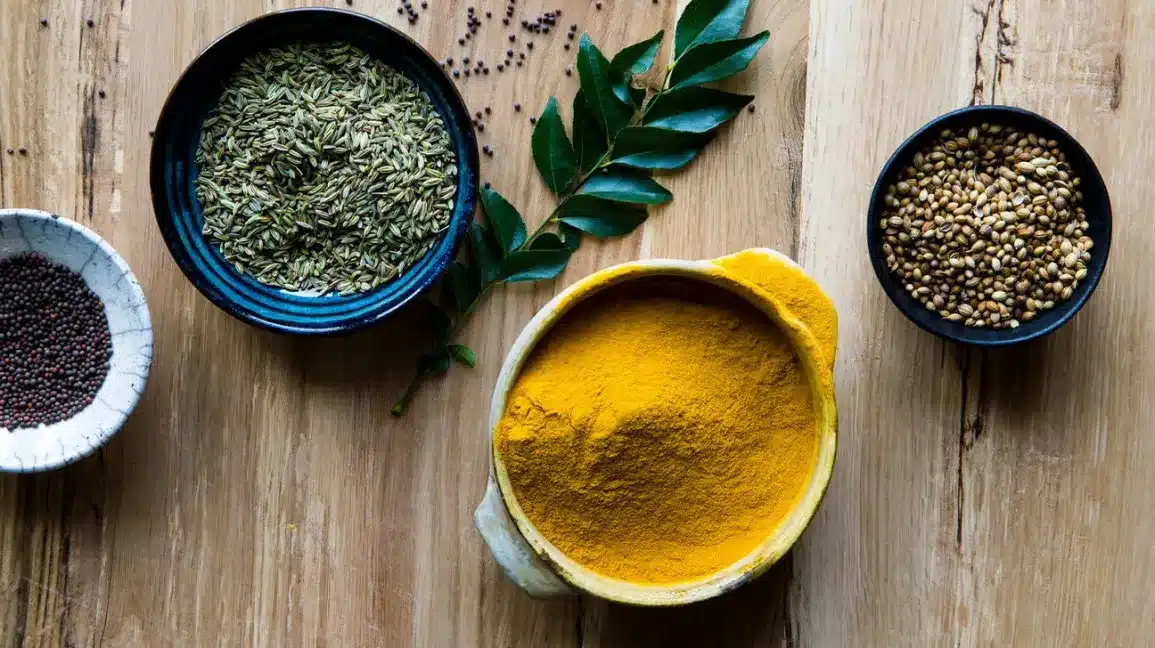Blog
Is curry powder good for your liver?

In recent years, amidst growing interest in natural remedies and holistic health practices, the question of whether curry powder is beneficial for liver health has emerged as a topic of debate and inquiry. As a staple in many cuisines, curry powder is renowned for its rich blend of spices, including turmeric, cumin, coriander, and fenugreek, each boasting potential health benefits. The liver, a vital organ responsible for detoxification and metabolic processes, is often the focus of discussions surrounding dietary choices and their impact on overall well-being. Advocates of curry powder highlight its anti-inflammatory properties, attributed primarily to curcumin, the active compound in turmeric, as potentially beneficial for liver function. However, scientific evidence supporting these claims remains limited and requires careful examination.
The liver serves as the body’s primary detoxification center, breaking down toxins, metabolizing nutrients, and synthesizing essential proteins. Any disturbances in its functioning can lead to a cascade of health issues, including liver disease, fatty liver, and impaired metabolic processes. Proponents of curry powder argue that its antioxidant and anti-inflammatory properties may aid in protecting the liver from damage caused by oxidative stress and inflammation. Turmeric, a key ingredient in curry powder, contains curcumin, a polyphenolic compound renowned for its potent antioxidant and anti-inflammatory effects. Studies suggest that curcumin may inhibit inflammatory pathways and reduce oxidative damage, potentially mitigating liver injury caused by various insults, including alcohol consumption, obesity, and environmental toxins.
However, while promising, the evidence supporting the direct impact of curry powder on liver health remains inconclusive. While numerous preclinical studies have demonstrated the potential hepatoprotective effects of curcumin in animal models, translating these findings to human populations presents significant challenges. Human trials investigating the efficacy of curcumin supplementation in liver diseases have yielded mixed results, with some studies reporting modest improvements in liver enzymes and markers of inflammation, while others show no significant benefit. Furthermore, the bioavailability of curcumin, particularly when consumed as part of curry powder or turmeric spice, is limited, posing additional obstacles to its therapeutic utility.
Beyond curcumin, other spices commonly found in curry powder, such as cumin, coriander, and fenugreek, also possess potential health-promoting properties. Cumin, for instance, has been studied for its antimicrobial and anti-inflammatory effects, while coriander demonstrates antioxidant activity and may help lower cholesterol levels. Fenugreek, another component of curry powder, has been associated with improved blood sugar control and lipid profiles, suggesting a potential role in metabolic health. While these spices offer a spectrum of health benefits, their specific impact on liver function warrants further investigation.
Despite the lack of conclusive evidence, integrating curry powder into a balanced diet may offer indirect benefits for liver health. Embracing a diet rich in fruits, vegetables, whole grains, and spices can contribute to overall well-being and support optimal liver function. The Mediterranean diet, characterized by its emphasis on plant-based foods, healthy fats, and moderate consumption of lean proteins, has been linked to a reduced risk of liver disease and improved metabolic parameters. Incorporating curry powder as part of a diverse and nutrient-rich diet aligns with the principles of holistic nutrition and may contribute to a healthier lifestyle.
Nevertheless, it is essential to approach dietary recommendations with caution and individualize interventions based on specific health needs and considerations. While curry powder and its constituent spices hold promise as potential adjuncts to liver health, they should not serve as a substitute for medical treatment or lifestyle modifications in individuals with liver disease or related conditions. Consulting with healthcare professionals, including registered dietitians and hepatologists, can provide personalized guidance and support in navigating dietary choices and optimizing liver function.
In conclusion, the question of whether curry powder is good for the liver underscores the complex interplay between diet, health, and disease. While curry powder contains a variety of spices with purported health benefits, including anti-inflammatory and antioxidant properties, scientific evidence supporting its direct impact on liver health remains inconclusive. Embracing a balanced diet rich in whole foods, including fruits, vegetables, and spices, is integral to supporting overall well-being and optimal liver function. Moving forward, continued research efforts are needed to elucidate the mechanisms underlying the potential benefits of curry powder and its constituents on liver health, paving the way for evidence-based dietary recommendations and interventions.
FAQ:


